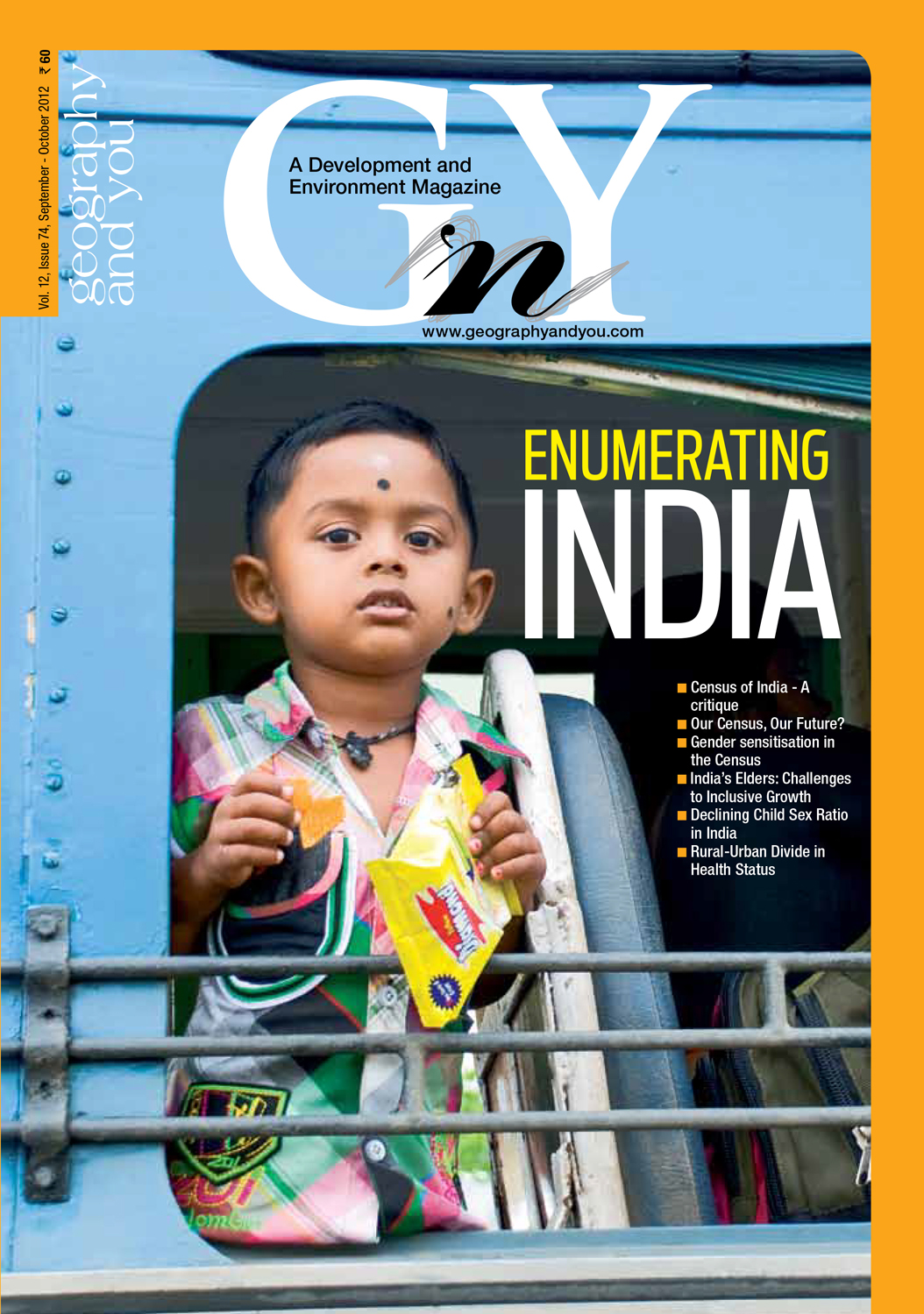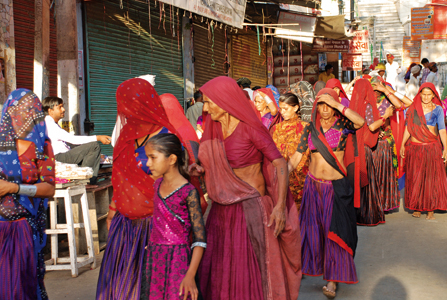
Inside this issue
India enumerated
The Indian Census has been providing important and useful information on various demographic, social and economic aspects of the Indian society. However, the paper outlines definitional and other changes and how they may have a limiting influence on data usage.
Supported by a huge draw from the public exchequer, the Census needs to be examined in terms of its utility for the nation. We also perhaps need to look towards possible alternatives to make the exercise more feasible.
The process of collecting census data in India has been riddled with gaps in gender data specifically pertaining to women’s contribution to India’s economic activity and female work participation rate. This paper traces gaps persistent in the Census since 1971 along with changes accomplished in 2011.
Changing demography of the country, specifically age related structural changes can have serious implications for India in terms of its inclusive growth policy. The paper analyses the kind of changes implied by India’s rapidly changing demographic parameters in context of its elders.
The declining child sex ratio throws up complex challenges for a nation that is struggling to fill its resource gap. The provisional findings of the Census 2011 reiterates the hopelessness that the nations’ girl children are staring at. The essay is an attempt to highlight some issues and relationships related to India’s declining child sex ratio scenario.
Health is a critical dimension of human development as outlined in the Millennium Development Goals (MDGs). However, India is still grappling with the persistent rural - urban divide. The nation today urgently need to strengthen the country’s rural health infrastructure to better its health status beyond the middle and upper classes of society.
Fact file
The practise of counting has been prevalent for eons based on the need - administrative, military or otherwise. In the present context synchronised census systems are in place world over, that enable the understanding of population dynamics over space and time.
The alarming increase in population is leading India towards a resource scourge and efforts by the government, at this stage, is paramount in dealing with stabilisation concerns.
Development is closely connected with good health and sanitation demands utmost priority for a successful nation.
Prioritising the future need for water demands stringent laws. It is imperative that a state-driven directive is put in place to ensure adequate and save coverage.
In brief
The Socio Economic and Caste Census (SECC) was launched in June, 2011 and is presently being carried out by respective state governments /UTs with financial and technical support of the Ministry of Rural Development. The SECC, 2011 will enable ranking of households based on their socio-economic stat
With the completion of India’s 15th national Census in 2011, the essay traces significant milestones of census history.
A survey by UNESCO’s Global Education Digest 2011, estimated number of adult illiterates in India (283 million) forms about 35.7 per cent of the total adult illiterates of the world (793 million). However, as per provisional data of Census 2011, the literacy rate in the country is 74.04 per cent.
Government at present allocates foodgrains (wheat and rice) to below poverty line (BPL) families under the Targeted Public Distribution System (TPDS), Department of Food and Public Distribution. The assessment of BPL families is based on the 1993-94 poverty estimates of Planning Commission and the p
Census is an important exercise in India. Not only population but forests and wildlife also have a census to its credit. The following news extracts and updates encapsulate some emergent issues related to data collection.
Dear readers Enumerating India’s population through various data collection mechanisms is an arduous task. Analysing the emerging patterns is yet another humongous chore. And multiplying all that by India’s extent and numbers - makes data collection worth top honours in terms of national pride.

